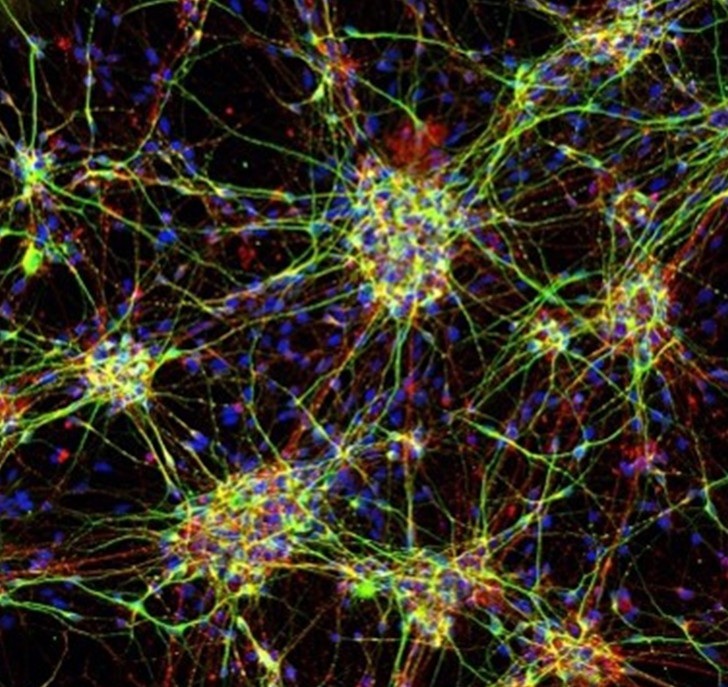
Brain cancer
A brain tumour is an abnormal mass of cells growing in the brain. There are two basic kinds of brain tumours – primary brain tumours and secondary (metastatic) brain tumours. Brain tumours can be benign or malignant. Malignant brain tumours are also called brain cancer.
Brain tumours are categorised according to where the tumour originated, its pattern of growth and whether it is benign or cancerous. The tumour is also graded by its degree of malignancy and its chances of growing and spreading. There are more than 40 types of brain tumour.
Research groups
More information
For more information visit Cancer Council Australia or Cancer Australia. While The Florey researches brain cancer, we do not offer medical advice or treatment.
Latest news
Latest Florey news on Brain cancer

